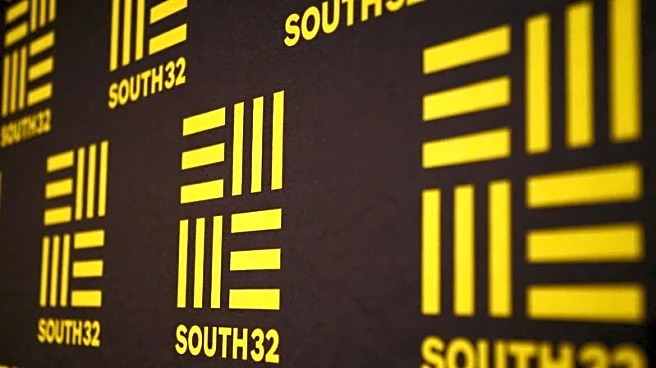What's Happening?
The National Park Service is undergoing a review of its interpretive materials under President Trump's directive to reshape the narrative of American history. The directive aims to remove or alter descriptions that 'inappropriately disparage Americans past or living,' focusing on a more positive portrayal of history. This initiative has sparked concerns about potential revisionism, particularly regarding the portrayal of slavery and other historical injustices. At Harpers Ferry National Historical Park, the challenge is evident as the park service navigates how to present the complex history of abolitionist John Brown's raid without sanitizing the harsh realities of slavery. The directive has led to the removal of certain materials, such as references to 'enslavers,' and has prompted scrutiny from lawmakers and advocacy groups.
Why It's Important?
The revision of historical narratives in national parks raises significant concerns about historical accuracy and the potential erasure of difficult truths. The directive reflects broader political pressures to present a more favorable view of American history, which could impact public understanding and education. The changes may alter how future generations perceive historical events and figures, potentially diminishing the recognition of injustices and struggles that have shaped the nation. The initiative has drawn criticism from lawmakers and advocacy groups, who argue that national parks should not serve as platforms for propaganda but rather as spaces for reflection and learning.
What's Next?
The review process is ongoing, with parks officials tasked with removing 'inappropriate content' from public display. Democratic lawmakers have requested a full accounting of changes made, seeking transparency in the review process. The Sierra Club is monitoring changes nationally, with concerns about the potential censorship of historical narratives. The outcome of this review could influence how history is taught and understood in the U.S., with implications for cultural and educational institutions.
Beyond the Headlines
The directive highlights broader cultural and political debates about the portrayal of history and the role of government in shaping public narratives. The pressure to present a sanitized version of history may reflect broader efforts to control cultural discourse and influence public perception. The initiative raises ethical questions about the responsibility of historical institutions to present accurate and comprehensive accounts of the past, balancing the need for national pride with the acknowledgment of historical injustices.










